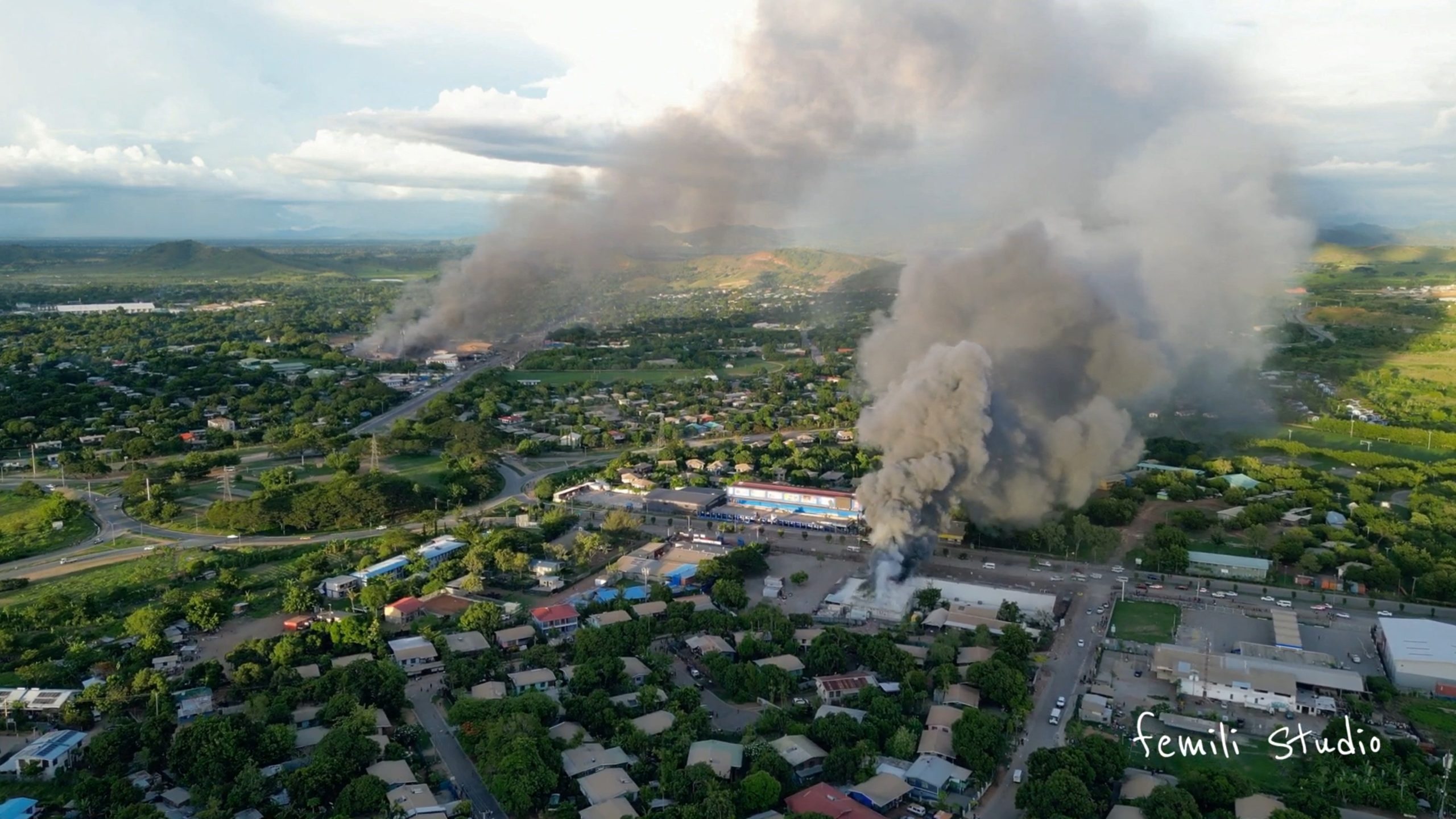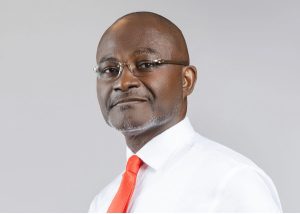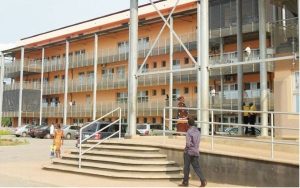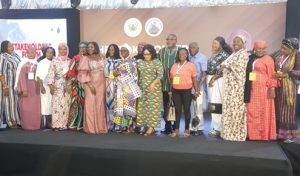A political crisis is starting to brew in Papua New Guinea as calls are made for Prime Minister James Marape to step down in the wake of deadly riots in parts of the country.
At least 15 people have been killed in Papua New Guinea, as Prime Minister James Marape appealed for calm after police walked out over pay and protests descended into rioting and looting.
Eight people died in the capital Port Moresby, while seven more were killed in Lae in the country’s north, the Australian Broadcasting Corporation reported, citing an update from police.
Television footage showed thousands in the streets of Port Moresby on Wednesday, with many carrying what appeared to be looted goods. Black smoke billowed over the city, and a crowd torched a police car outside the prime minister’s office.
The Chinese embassy said Chinese-owned businesses had been targeted and an unspecified number of its citizens had been hurt. Marape told a news conference on Thursday that police reinforcements had been flown into Port Moresby and the situation in the capital had calmed.
The Post Courier newspaper said soldiers had been deployed to help restore law and order and that military vehicles were on the streets in a “show of strength.”.
Police went on strike on Wednesday morning after discovering a reduction in their pay packets. An official told local radio FM100 on Wednesday that without police, the city had “lost control.”.
Beijing said it had lodged “solemn representations” with Papua New Guinea as a result of the unrest.
Australian Prime Minister Anthony Albanese said the country’s high commission was monitoring the situation, and Canberra had not received any requests for help from Papua New Guinea, which it regularly supports in policing and security.
Police in the Pacific Islands nation have struggled with a surge in violent crime over the past year.
The prime minister has said increasing security would help attract foreign investment in PNG’s growing gold and copper resources sector.
Marape said his goal was to expand the country’s economy to 200 billion kina (£41 billion) by 2029, thereby more than doubling its gross domestic product compared with when he took office in 2019, with the help of five gas and mining projects.
Photo: Femili Studio









